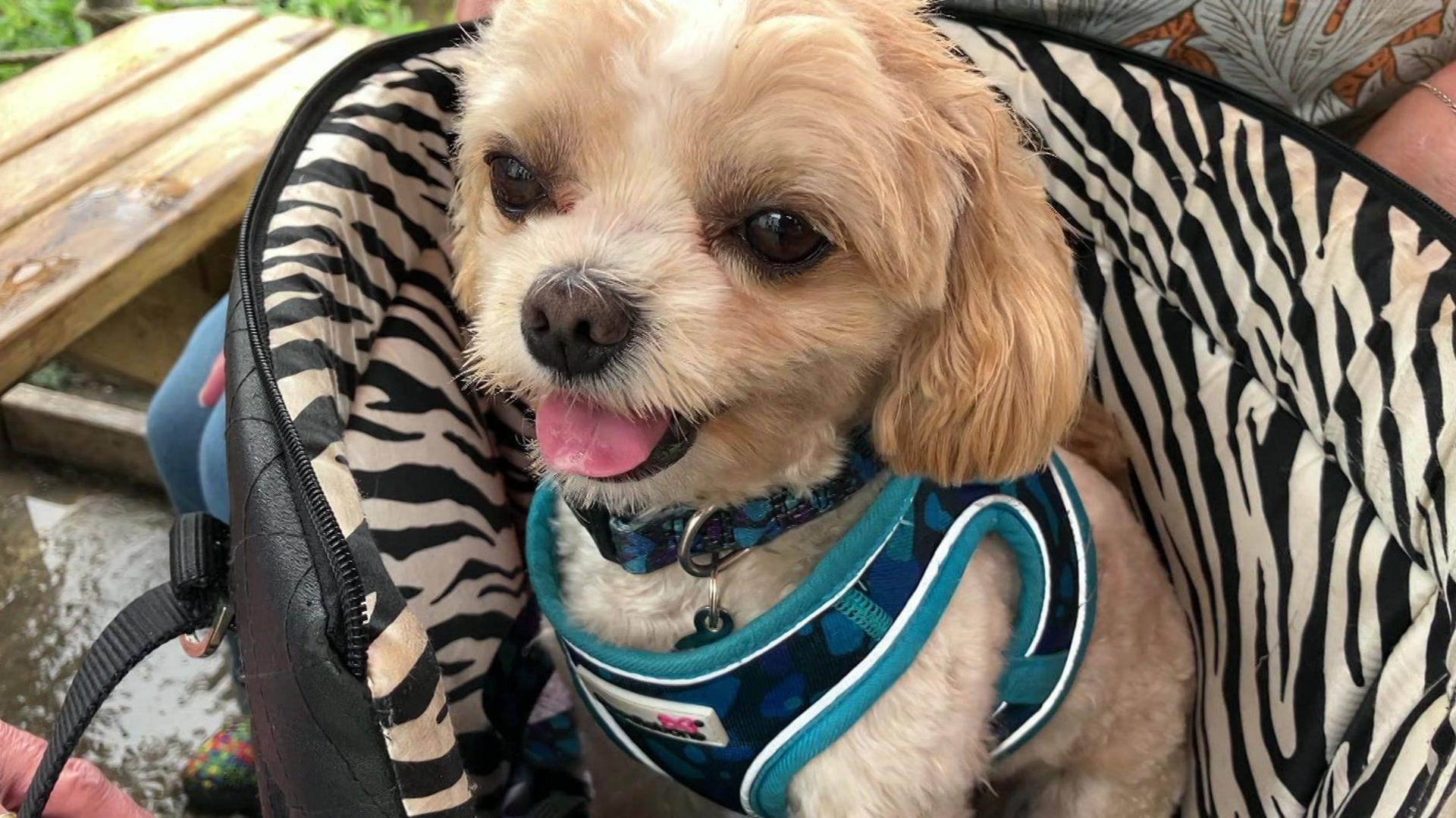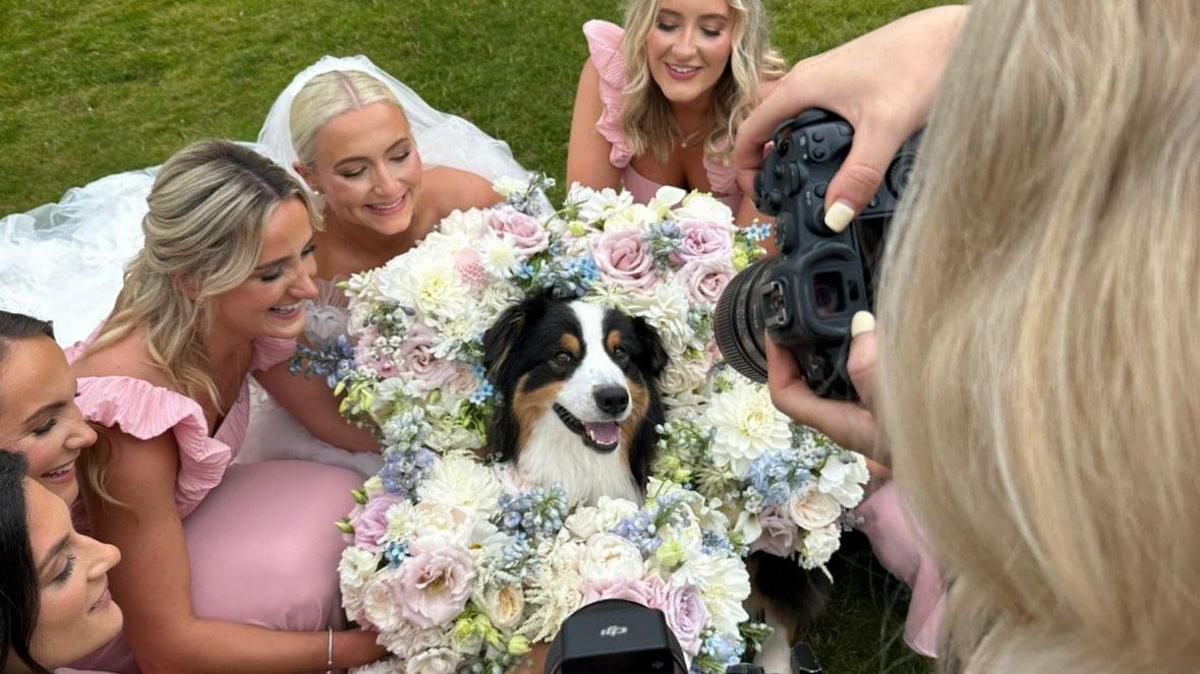'I can't imagine policing without dogs'
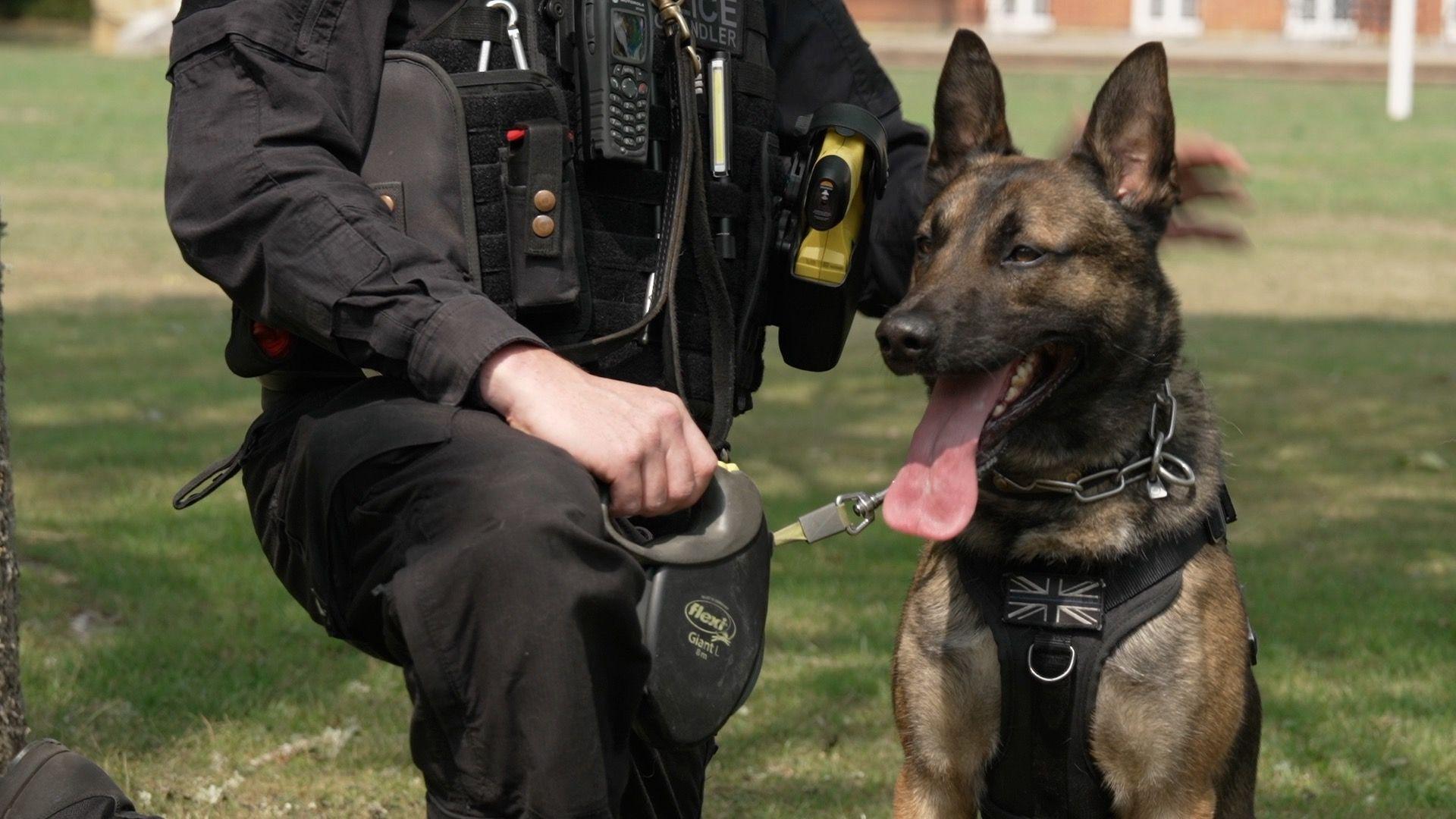
Upon seeing Echo one fleeing subject "just gave up"
- Published
They say a dog is a man's best friend and in the last century they have been used by police to detect, track and detain.
On International Dog Day, the BBC spends time with their handlers to find out why they are fundamental to our forces.
PC Kelly Bartle, of Hampshire and Thames Valley's dog support unit in Hound - which is rather apt, says she "couldn't imagine policing" without them.
But why, when our police forces have super-fast cars and modern technology are our canine companions still as important as ever?
Detection
"The time they save finding persons, items, evidence that would ordinarily take officers a lot longer - they're pretty invaluable," PC Bartle says.
But why are they faster at detection?
One study in 2022, found dogs might actually be able to use their noses to "see" as well as smell.
It claimed to provide the first evidence that a dog's sense of smell was integrated with their vision - something never before found in other animals.
Major will wait next to a person with drugs until he gets a reward
Drugs and people are the obvious assumption when you think of sniffer dogs but in the modern day, digital detection is also commonplace.
Sgt Charlie Winchester says Hampshire and Thames Valley's dog unit has had digital detection dogs for some time.
This includes detecting mobile phones in major crimes to finding digital devices in road traffic collisions to support coronial processes as well.
"Every scenario - the dog section has a place," Sgt Winchester explains.
Deter and detain
Sgt Winchester says a criminal riding a motorbike once fled to a wooded area on foot.
However, upon seeing Echo, his Belgian Malinois police dog, "that subject just gave up".
Nico can track and provide support in the form of deterrence, but when necessary, can also detain
PC Felicity Thomas' dog Nico - a Belgian Malinois - is her general purpose dog.
Nico can track and provide support in the form of deterrence, but when necessary can also detain - and a big part of that is familiarisation, she says.
"We don't want a dog that's trying to bite everyone all the time," she explains.
"It's what we call controlled aggression."
Despite this, they also cannot be too comfortable around the general public, PC Thomas says.
Loyalty
They have the speed, the nose and the aggression but it is their loyalty that bonds them with their officers.
"They live with us 24/7, we spend more time with them than most of our family," Sgt Winchester says.
"The bond is fundamental to all of that."
He says Echo will "put his life on the line for ourselves [police] and to keep the public safe".
"There is absolutely a place for dogs in police forces around the country."
Get in touch
Do you have a story BBC Hampshire & Isle of Wight should cover?
You can follow BBC Hampshire & Isle of Wight on Facebook, external, X (Twitter), external, or Instagram, external.
- Published27 July
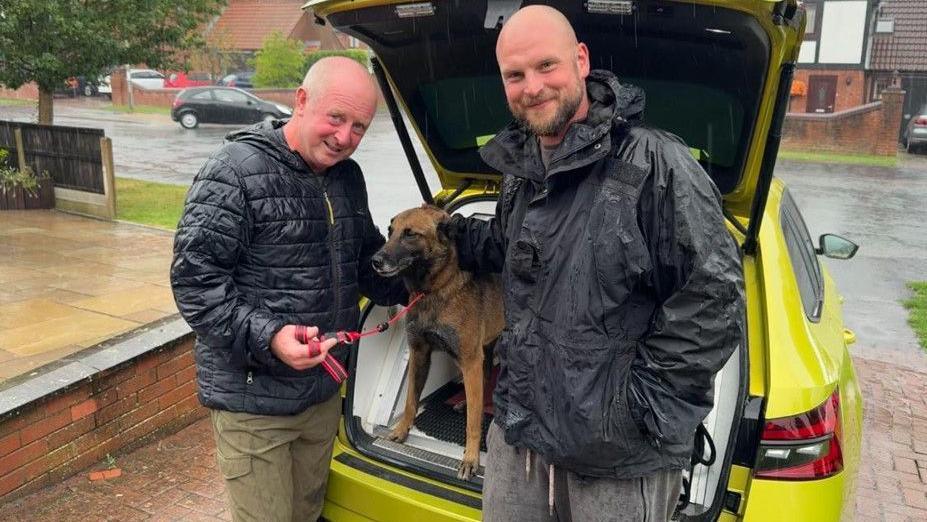
- Published22 August
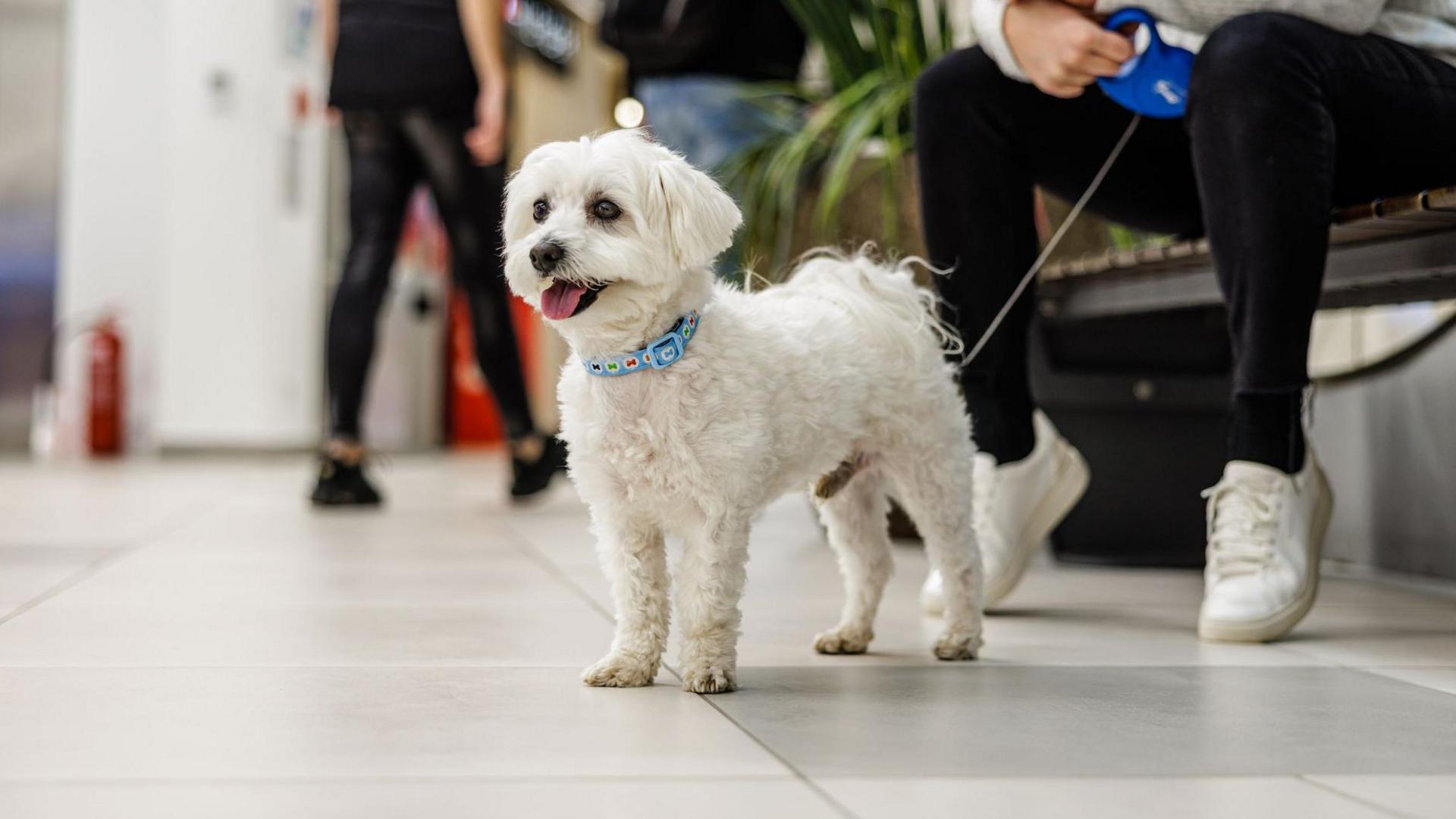
- Published29 July
